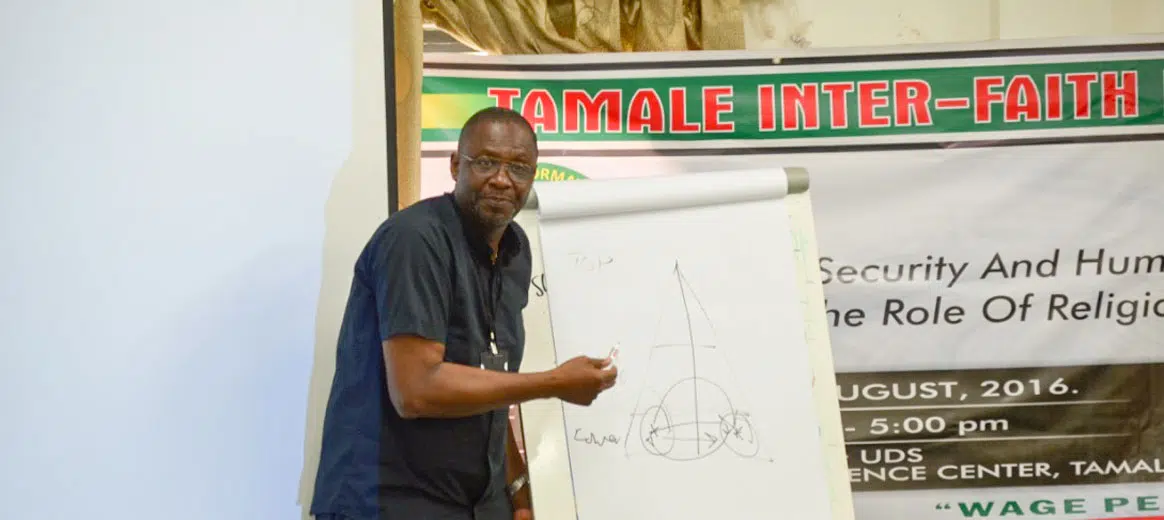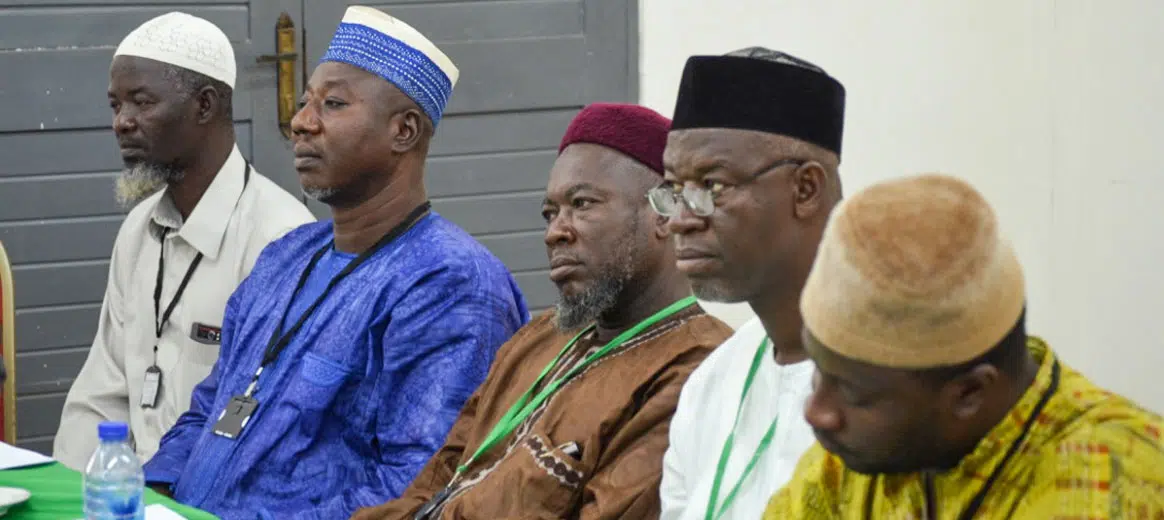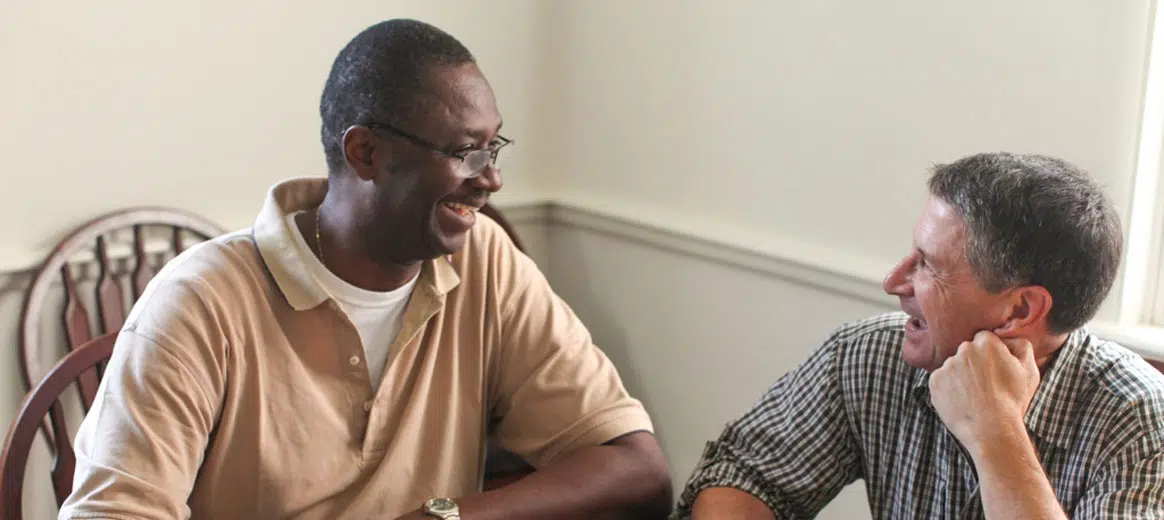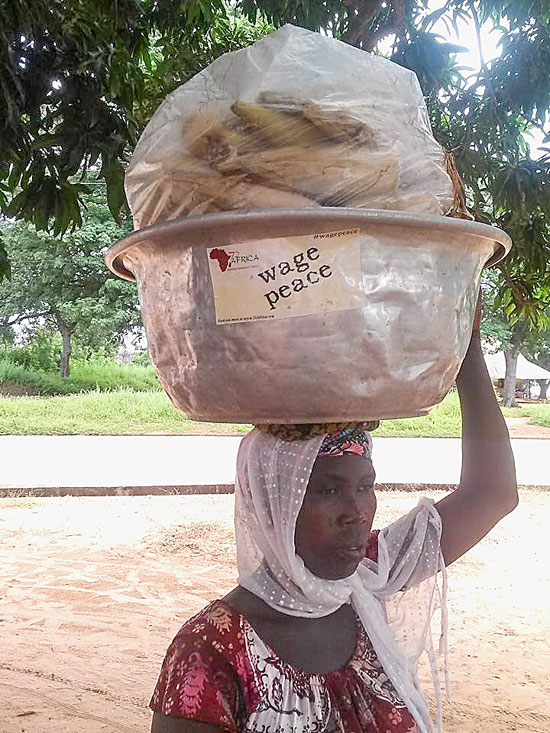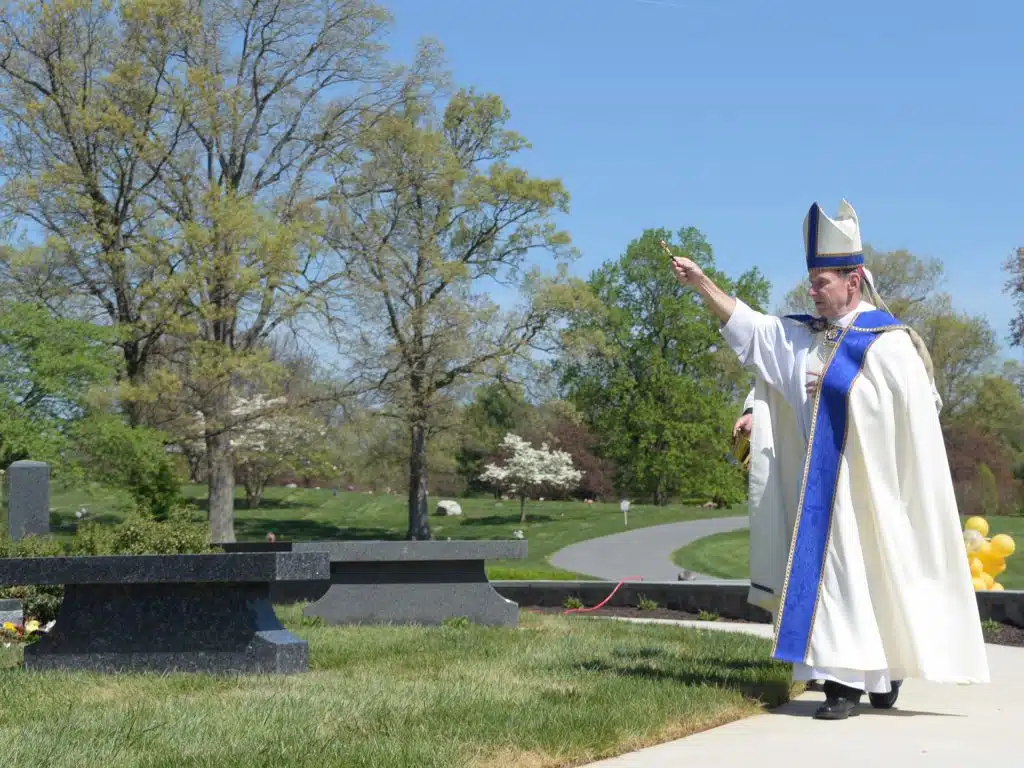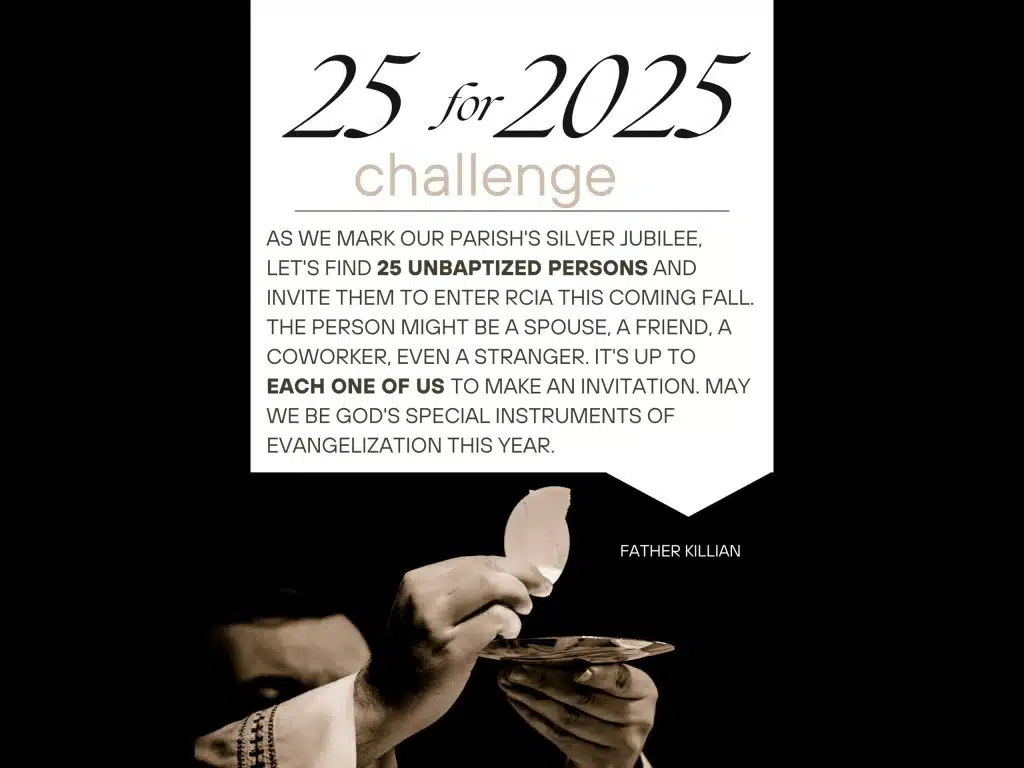Ghanaian Father Clement Aapengnuo came to Virginia in 2006 to
study conflict analysis and resolution. But he came away with more than a
doctorate. Father Aapengnuo, popularly known as Father Clem, returned to Africa
with a partnership known as 72Africa.
While in school, Father Clem lived and served at St. Charles
Borromeo Church in Arlington, where he became friends with Tim Sample and his
wife, Jamie. “We were talking one evening, and that evening turned into several
evenings and we became close personal friends,” said Sample.
He learned that Father Clem was the director of the Center for
Conflict Transformation and Peace Studies in Damongo, Ghana. He also learned
that one of the greatest challenges the center faced was sustainable funding.
For many years, it was funded by Catholic Relief Services, then the German
bishops’ conference, said Father Clem. But oftentimes the money was designated
for specific programs, which proved problematic.
“Sometimes you receive funding to do A, but you have to do XYZ
before you can do A. (You can be)
accused of misappropriating funds,” said Father Clem.
“One of my challenges became, ‘How do I put in place a system
that allows me to have strategic funding?’ Funds available to be used when the
need arises. Today can be peaceful while tomorrow there is a riot,” he said. “That’s
how the idea of 72Africa came up — a 501(c)(3)
organization in the United States that can mobilize funding for peace work in
Africa.”
As they brainstormed for the charity, Sample’s company reorganized.
He took a buyout and began working for 72Africa full-time.
“It’s very much a calling, for (Father Clem and me), I think,”
said Sample. “I honestly believe that efforts like these are going to be
critical because the African continent will be our next national security
challenge if we cannot engage now in peaceful pursuits.”
The name 72Africa came from Luke 10, where Jesus commanded 72 of
his disciples to go out into the world and tell people of His coming. “Whatever
house you enter, first say, ‘Peace be to this house.’ If a man of peace is
there, your peace will rest on him; but if not, it will return to you.”
72Africa focuses on what they call the three pillars of
peacebuilding, the first being conflict resolution. Ghana remains
conflict-prone due to the complex government organization, said Father Clem.
Before colonization, hereditary chieftains controlled their local areas. After
Ghana declared independence in 1957, the educated upper class established a
democracy, but saw no way to rid the country of the traditional chieftaincies,
which were esteemed especially in rural areas. Today, there are two parallel
governmental structures — “what we call constitutional dualism,” said Father
Clem.
A corn seller promotes “Wage Peace,” a philosophy
introduced by 72Africa, through a sticker placed on her container.
A few weeks ago in the town of Bimbilla, there was a conflict over
leadership, said Father Clem. Houses were destroyed and 12 people died — two
men, six women, four children. “Even a small spark can lead to this,” he said.
Before last year’s elections, they held a gathering of religious
leaders to discuss the commonalities of the three Abrahamic religions:
Christianity, Islam and Judaism. “You could see the energy and willingness to
do something for peace,” said Father Clem. Fortunately, perhaps in small part
with their help, Ghana’s elections were peaceful.
Secondly, 72Africa focuses on conflict resolution education, particularly
because there is no graduate program on peace and security in the country, said
Father Clem. His alma mater, George Mason University School for Conflict
Analysis and Resolution in Arlington, is working to develop a curriculum for
Ghanaian universities.
Lastly, they focus on economic development for young
entrepreneurs who have a tough time getting loans because of the high interest
rates in Ghana, said Father Clem. Forty-eight percent of youths aged 18-24 are
unemployed.
“We’re trying to set up an
office, a place where a young person can walk in and say, ‘Listen, I want to
start a business, what can I do?’ ” Though there’s no office yet, they are helping
a local beekeeping association package and market their honey.
Father Clem and Sample believe their three-pronged approach, the
first of its kind in West Africa, has great potential. “If these three are
done, then we are talking about sustainable peace,” said Father Clem. But convincing
others that the efforts are necessary is a bigger challenge. Compared to some
war-torn African nations, Ghana is a relatively stable democracy.
“We tend to run into the white horse syndrome,” said Sample.
“People will be amazingly generous when a disaster happens. Getting them to do something
to prevent a crisis is a (more) difficult sell.” But as the old adage says, an
ounce of prevention is worth a pound of cure. “It probably costs a third less
to prevent something from happening than to respond to it,” he said.
For now, they will continue to impress the importance of
peacemaking upon the United States and Ghana. “It really takes work. It’s a
daily effort,” said Sample.
Find out more:
Go to 72Africa.org or call 703/ 848-5996
